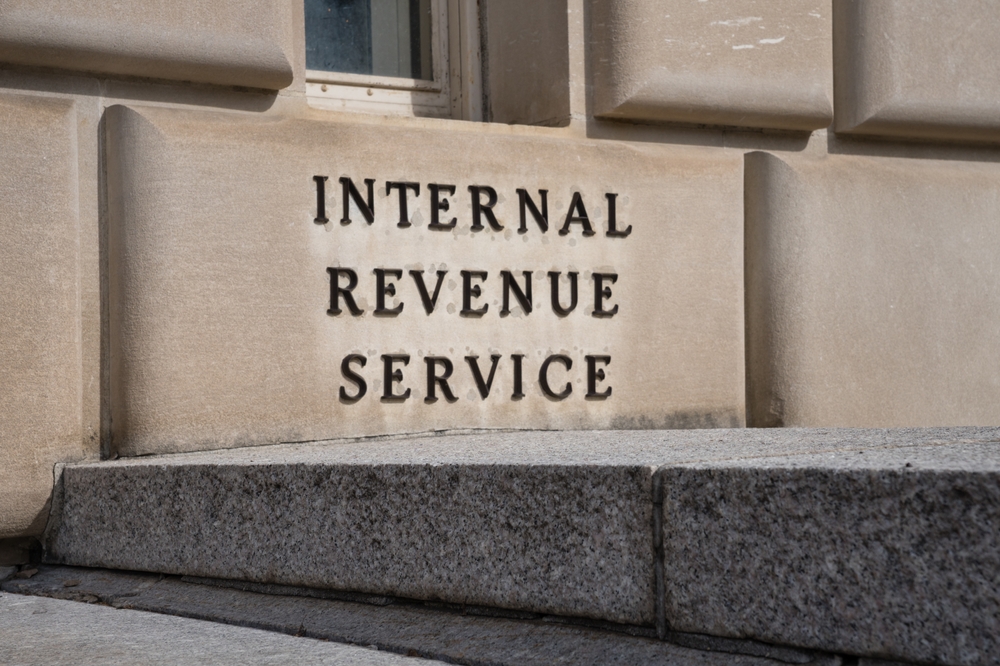IRS Signals Churches Can Endorse Candidates During Services - Charity Lawyer Blog
The IRS signaled a change in policy when it stated in a court filing that communications from a house of worship to its congregation do not violate the Johnson Amendment.| Charity Lawyer Blog




